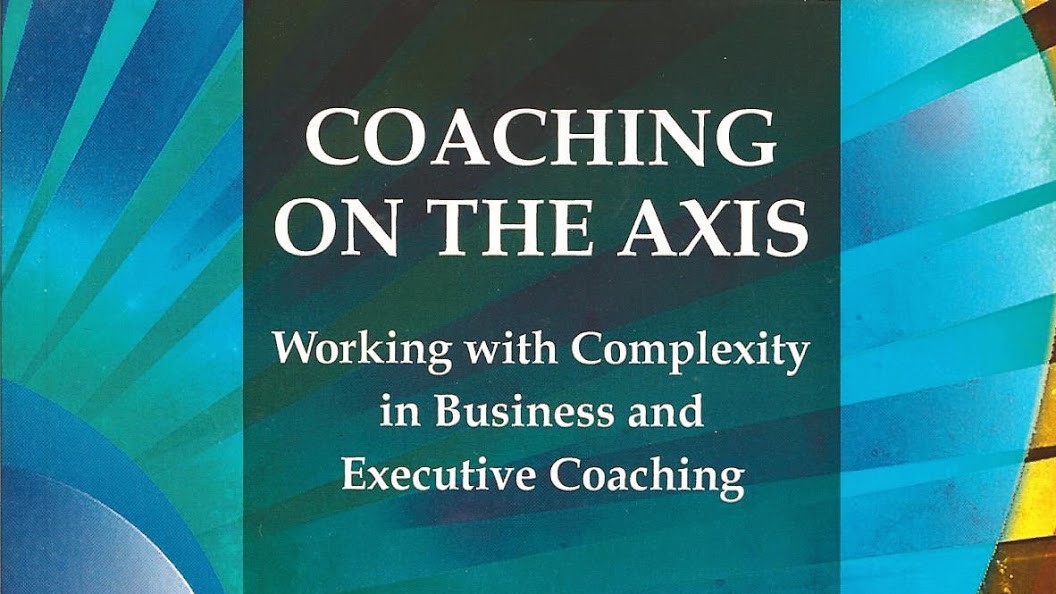- “both the organization and the individual [or team] being coached are clients” – coaches need to work constantly with the duality of organization and coachee(s) as clients at the same time.
- A lot of coaching has its roots in individual therapy which can lead to the coach identifying with the coachee against his or her organization
- Coaches need to work along the axis between the individual, his or her role in the organization, and the organization. In the world of work, “a person enters into a contract with an organization to play a role … to add value to the business … and be rewarded by payment, recognition, job satisfaction and a sense of meaning and purpose.”
I found fascinating Kahn’s examination of role and systems theory in relationship to business coaching – building his “Coaching on the Axis” model that highlights the relational engagement between the personal goals, gifts and passions of the employee(s) and the organization’s goals and measures of success. Role theory really helps make clear that in a relationship, all parties influence both the design and the outcomes of roles. Systems thinking helps us see that “the idea that one exists as an individual outside of a system is … untenable” as we all exist in layers of nested systems from the tiniest building blocks of atoms and cells through to the cosmic scale of the universe.
His recommendations for coaches to correct the misalignment between business and coaching are
- “Coaches need to release any bias in favour of the individual over the organization, and adopt the notion of duality of client.”
- Coaches should “ensure they balance their theoretical focus in individual psychology with that of organizational and cultural theory.”
- Business coaches must “shift from the health and well-being mindset that is typical of psychology into a relational mindset focused on business performance and financial success.”
Update 13 October, 2014: Read my book review on Goodreads
Discover more from Enterprisecoach
Subscribe to get the latest posts sent to your email.






Leave A Comment